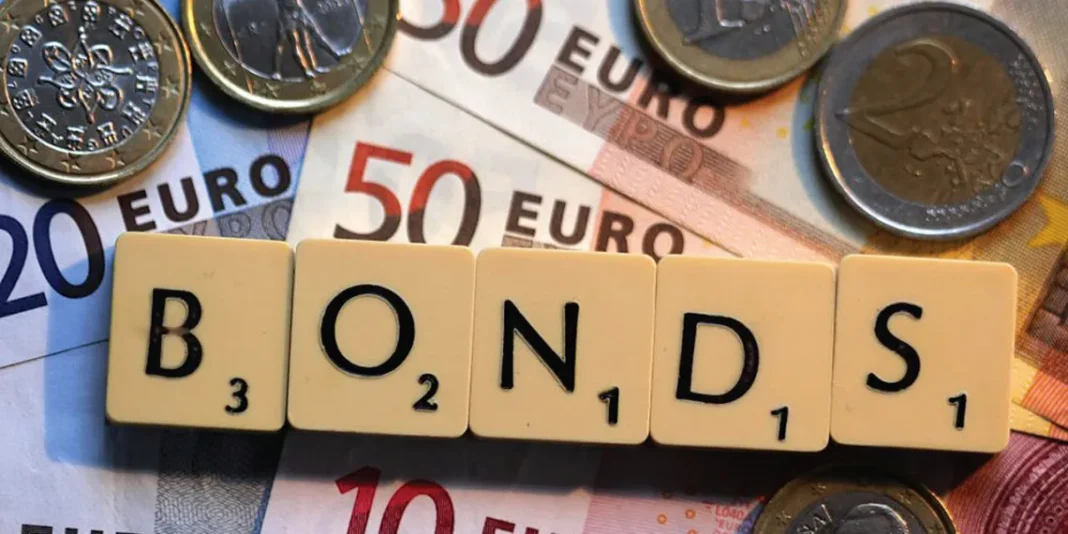Nigeria has opened the sale of a $2.3 billion Eurobond, marking its second dollar-denominated debt issuance since returning to the international capital market last December after nearly three years of absence.
The bond sale, approved by the National Assembly last week, is part of President Bola Tinubu’s plan to plug the country’s widening budget deficit.
According to official documents, the offer comprises two tranches — a 10-year bond with a 9.13% yield and a 20-year bond with a 9.63% yield.
“We expect the market to support the offer, considering that emerging market yields remain more attractive compared to developed economies,” said Tajudeen Ibrahim, Director of Research and Strategy at Chapel Hill Denham, the Lagos-based investment firm acting as the bookrunner for the transaction.

Ibrahim added that Nigeria remains one of the top-performing emerging markets, offering investors “relatively more robust returns” than those available in advanced economies.
Investor Appetite and Market Outlook
Investor demand for emerging market bonds has surged in recent months, fueled by a wave of interest rate cuts in developed economies — particularly the United States, where the Federal Reserve has adopted a more dovish monetary stance.
African nations including Kenya and Angola have also returned to the Eurobond market, buoyed by improving credit ratings, cooling inflation, and better macroeconomic indicators.
Data from the Cbonds Africa Sovereign USD T-spread Index shows that as of Tuesday, the average yield spread between African sovereign bonds and U.S. Treasuries stood at 392 basis points, down from as high as 900 basis points in 2023. The narrowing spread signals improved borrowing conditions for African issuers.
Chapel Hill Denham projects that Nigeria’s latest Eurobond will be heavily oversubscribed, following the $2.2 billion issue last year that attracted $9.1 billion in orders.

Market Sentiment and Geopolitical Risks
Earlier this week, Nigerian sovereign bonds briefly dipped after U.S. President Donald Trump threatened military action against Islamist militant groups in Nigeria, before recovering shortly afterward.
However, Ibrahim dismissed concerns that geopolitical developments would disrupt the Eurobond sale.
“Investors are generally focused on long-term opportunities rather than short-term political noise,” he said. “I don’t expect the recent tensions to significantly affect investor appetite.”
He noted that achieving single-digit yields — slightly above 9% — is a positive outcome for Nigeria, as most of its outstanding Eurobonds currently trade at double-digit rates, raising debt servicing costs.
Credit Ratings and Debt Strategy
Recent credit rating upgrades from Moody’s and Fitch helped Nigeria secure favorable pricing for the new issuance.
According to the Ministry of Finance, part of the proceeds from the sale will be used to refinance a maturing Eurobond due this month, while the rest will support budgetary spending and economic reforms.
With the issuance, Nigeria joins a growing list of African economies taking advantage of improving market conditions to raise capital for fiscal stability and infrastructure investment.




